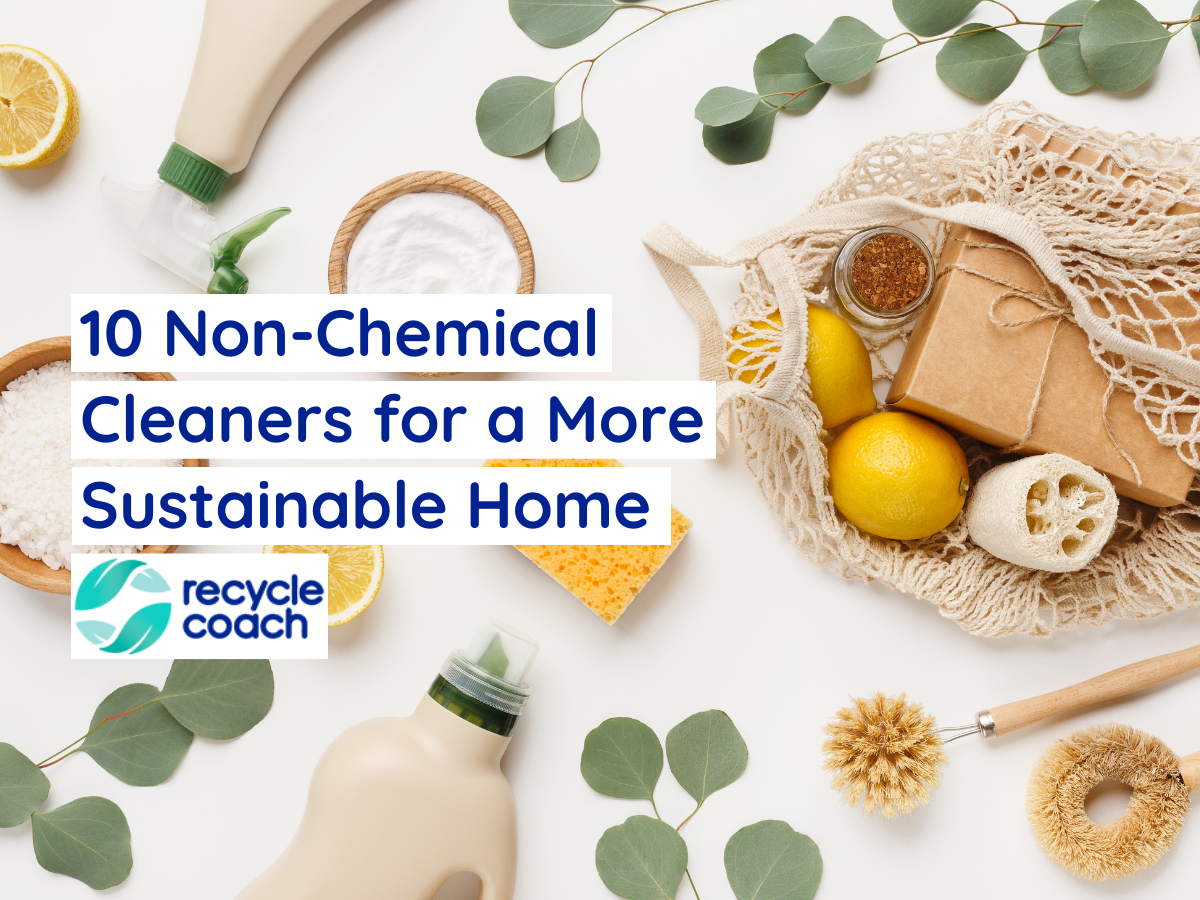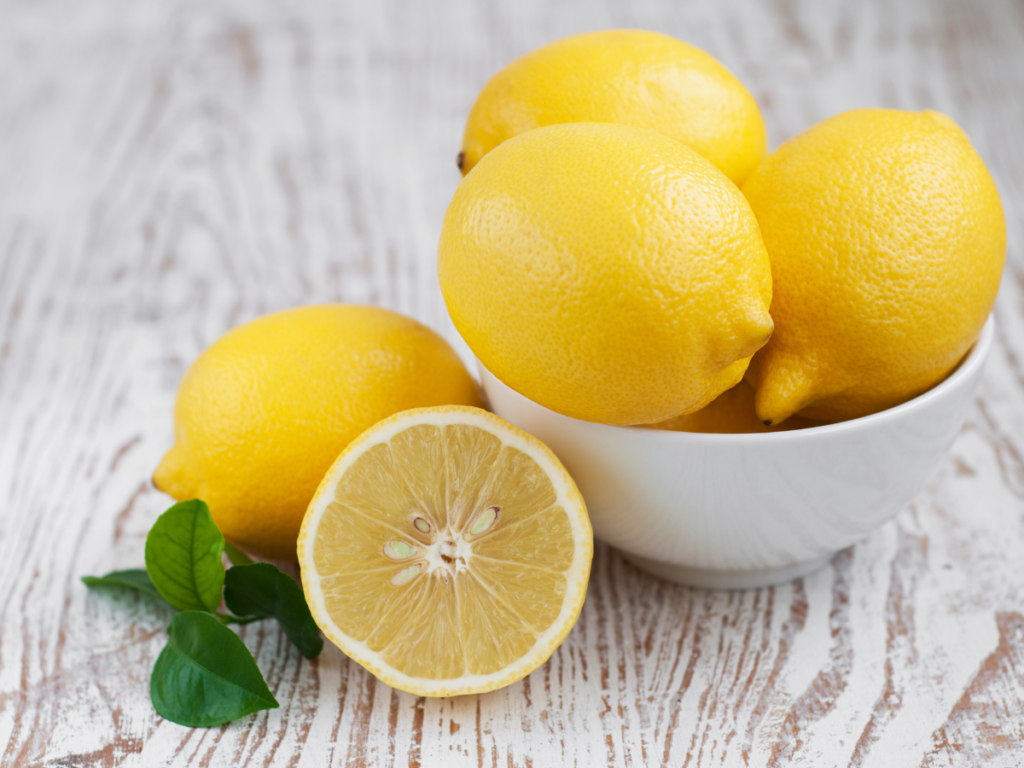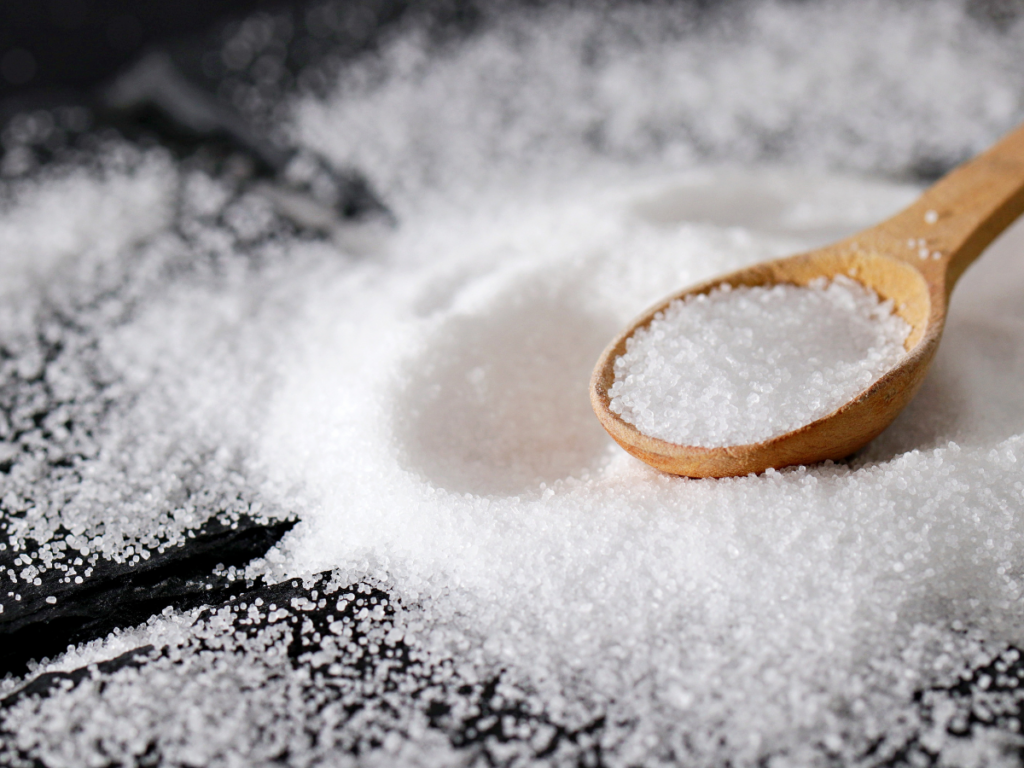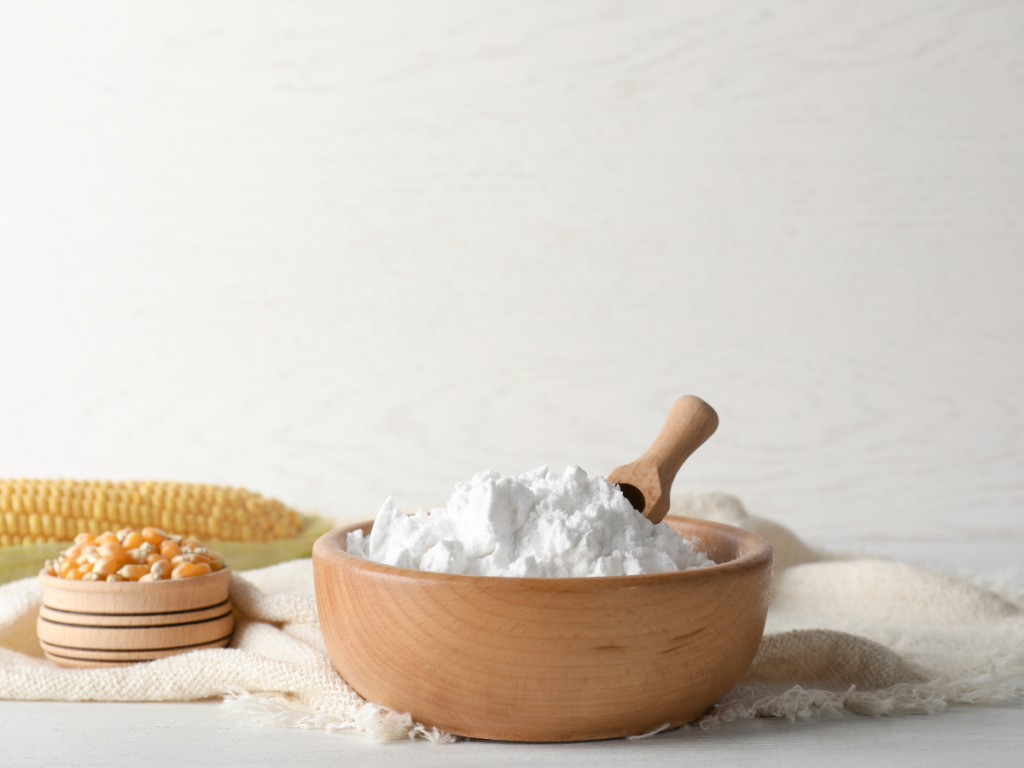10 Non-Chemical Cleaners for a More Sustainable Home

In today’s world, where sustainability is at the forefront of our minds, finding alternative ways to clean our homes without harsh chemicals has become a top priority for many of us.
Non-chemical cleaners offer a solution that not only reduces our environmental impact, but also creates a safer and healthier living space for us and our loved ones. From ingredients like lemon rinds to products like castile soap, there are numerous options available that can deliver exceptional cleaning results while minimizing the use of harmful substances in your home.
In this guide, we’ll explore a variety of non-chemical cleaners that can help you create a more sustainable home without compromising on cleanliness or effectiveness.
10 Natural Cleaners for a More Stable Home
Are you looking for effective and sustainable alternatives to chemical cleaners? In this section, we’ll explore ten non-toxic cleaning products that can help you maintain a cleaner home.
1. Baking Soda
Baking soda is a humble kitchen staple that can work wonders as a non-chemical cleaner around the house. With its mild abrasive properties, baking soda can help scrub away dirt and grime from surfaces like sinks, countertops, and stovetops when it’s mixed with vinegar.
It also acts as a natural deodorizer, absorbing odors from carpets, upholstery, and refrigerators. Additionally, mixing baking soda with water creates a paste that can effectively remove stains from fabrics. It can even shine and remove spots from stainless steel really easily.
2. Electrolyzed Water
Electrolyzed water is an innovative cleaning method that involves using an electrolysis process to create a powerful cleaning agent by combining water, salt, and electricity. The resulting solution is safe to use on various surfaces, such as countertops, floors, and even fabrics.
Some companies have taken this solution to the next level. EAU technology, for example, gives you a way to solve problems with empowered water. They developed generators to create volumes of EO water, which is more effective at killing pathogens than electrolyzed water.
3. Lemon Rind

When life gives you lemons, don’t throw away the rinds! The natural oils and acids found in lemon peels make them effective at cutting through grease and grime. Simply rub a lemon peel on surfaces like stainless steel appliances or faucets to reveal their natural shine.
Lemon rinds can also be used to freshen up garbage disposals by grinding them up with ice cubes. The refreshing citrus scent left behind will leave your kitchen smelling clean and invigorating. By repurposing rinds, you can give your home an eco-friendly cleaning boost.
4. White Vinegar
White vinegar is a non-toxic, multi-purpose cleaner that has been used for generations. Its acidity helps to remove stains and dissolve stubborn dirt and grime. Diluting white vinegar with water creates a gentle yet effective cleaning solution that is safe for most surfaces.
Additionally, its natural deodorizing properties make it an ideal choice for eliminating unpleasant odors in your home. Whether you need to tackle tough messes or freshen up your space, white vinegar is a simple and sustainable solution that will leave your home sparkling clean.
5. Rubbing Alcohol
When it comes to non-chemical cleaners, rubbing alcohol is a powerful and versatile option. Its high alcohol content makes it effective at killing germs and bacteria. From doorknobs to countertops, rubbing alcohol can help keep your living space clean and hygienic.
It’s also handy for removing stains from fabrics or upholstery by dabbing a small amount onto a cloth and gently blotting the stain. Additionally, rubbing alcohol can be used to clean electronic devices, removing smudges and fingerprints without causing damage to the internal parts.
6. Table Salt

Table salt is not just for seasoning your food. It can also be a powerful ally in your quest for a more sustainable home cleaning routine. Its abrasive texture makes it an excellent natural scrubbing agent for tackling stubborn stains on surfaces like pots, pans, and countertops.
By mixing salt with water, you can create a paste that effectively removes grime and grease. Salt is also the main ingredient in many de-tarnishing solutions. It also works wonders as a deodorizer, absorbing odors in your refrigerator or cutting board, if left out in a bowl.
7. Borax Powder
If you’re looking for a powerful yet non-chemical cleaner, consider using borax powder. While it sounds heavy-duty, it’s all-natural. This natural mineral is highly effective at removing tough stains and dirt. It can be used as a laundry booster to brighten whites and combat odors.
Borax powder also works wonders as a bathroom cleaner, tackling grime on tiles, sinks, and toilets. It can even be used to remove stubborn residue from dishes, pots, and pans. With its versatility and eco-friendly nature, borax powder is an excellent chemical alternative.
8. Castile Soap
Castile soap is a gentle and versatile cleaner that is made from plant-based oils. It is prized for its natural and non-toxic properties, making it safe to use around children and pets. Castile soap can be used for a wide range of cleaning tasks, from handwashing dishes to mopping floors.
It can also be diluted with water to create an all-purpose cleaning solution for surfaces like countertops and bathroom fixtures. The mild yet effective formulation of this soap ensures that your home is clean without the use of harsh chemicals, promoting a more sustainable home.
9. Cornstarch

Cornstarch is not only useful for thickening sauces, but it also has a surprising array of cleaning applications. It’s fine texture makes it ideal for absorbing grease and oil stains from fabrics and upholstery. Simply sprinkle cornstarch onto the stain, let it sit, then brush or vacuum away.
Cornstarch also works wonders as a natural dry shampoo, soaking up excess oils in your hair. Furthermore, it can be used to polish household items like silverware and stainless steel appliances for a streak-free shine. It’s a versatile and affordable all-natural cleaner.
10. Hydrogen Peroxide
While it sounds like a harsh chemical, hydrogen peroxide is a readily available and effective non-chemical cleaner that can tackle a wide range of cleaning tasks. With its natural bleaching properties, it can be used to remove tough stains from fabrics such as clothing or upholstery.
Hydrogen peroxide also acts as a disinfectant, making it suitable for cleaning surfaces like kitchen countertops and bathroom fixtures. Be mindful to test hydrogen peroxide on a small, inconspicuous area before using it on delicate surfaces, as it can have a bleaching effect.
In Conclusion…
By incorporating non-chemical cleaners into your cleaning routine, you’re taking a step toward a more sustainable and eco-friendly lifestyle. Not only will you reduce your reliance on harmful chemicals, but you’ll also create a healthier living environment for future generations.
Author Bio
Nadine Westwood is a super-cool health coach, a masterful writer, and a die-hard fan of all things sustainability. When she’s not helping folks achieve sustainable results through nutrition and fitness, she’s probably amid a pile of cans and papers, adding them to her recycling collection. Her mantra? Live an enjoyable life and make it last! That comes from her belief that a truly satisfying life blends happiness and sustainability. From personal habits to professional advice, Nadine’s love for a healthier and greener planet spills over into everything she does. She’s all about the eco-friendly culture, intertwining it with her teaching, and encouraging others to live their healthiest life while also caring for our amazing planet.